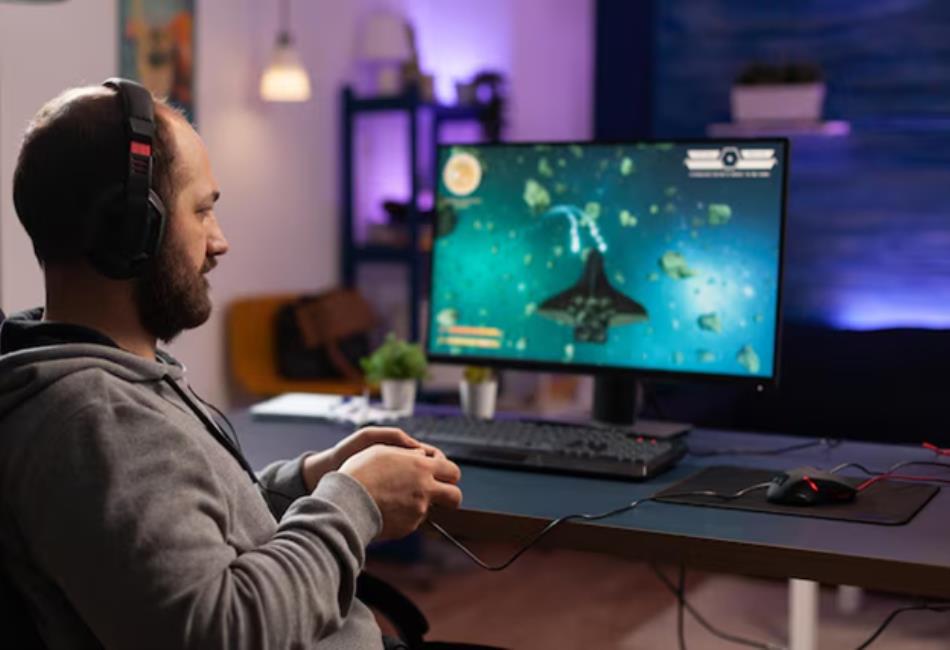Understanding Player Progression Systems in Online Gaming RPGs
Player progression systems are at the core of any online role-playing game (RPG). These systems define how players evolve, gain power, and unlock new abilities as they journey through vast digital worlds. For both new players and veterans, understanding the ins and outs of these systems can greatly enhance the gaming experience.
In this article, we’ll explore what player progression systems are, how they work, and how different RPGs implement them to keep players engaged and motivated.
What is a Player Progression System?
At its core, a player progression system is a set of rules and mechanics that determine how a player’s character improves over time. In online RPGs, this typically involves gaining experience, leveling up, and acquiring new skills or equipment. These systems give players a sense of achievement and purpose as they advance through the game, offering rewards for completing quests, defeating enemies, or exploring the game world.
Progression systems are vital for maintaining player interest, as they provide goals and challenges that players need to work toward. Whether it’s improving combat abilities, unlocking powerful spells, or gaining access to exclusive areas, the desire to progress keeps players coming back.
Types of Progression Systems
There are several types of progression systems commonly found in online RPGs. Each of these systems offers a unique way for players to develop their characters:
1. Level-Based Progression
Level-based progression is one of the most common systems in online RPGs. In this system, characters gain experience points (XP) by completing tasks such as quests, defeating enemies, or exploring new areas. Once enough experience points are collected, the character “levels up,” unlocking new abilities or improving existing ones.
Levels serve as a visual representation of a character’s growth. Players can see their character get stronger as their level increases, which often translates into being able to take on more challenging content in the game.
2. Skill-Based Progression
Some online games like situs slot gacor use a skill-based progression system, where players improve specific skills rather than gaining overall experience points to level up. For instance, if a player uses a sword frequently, their sword-fighting skill may increase over time, making them more proficient in combat.
In this system, character progression is more fluid and can be tailored to a player’s preferred playstyle. A player who spends more time crafting might level up their crafting skills faster than their combat skills, offering a more customized progression experience.
3. Gear and Equipment Progression
Another progression system involves improving a character’s power through gear and equipment upgrades. In many online RPGs, players are constantly on the hunt for better weapons, armor, and accessories. The quality of a character’s gear can significantly impact their effectiveness in combat or other game activities.
Gear-based progression often works in tandem with level-based or skill-based systems. However, players can sometimes bypass traditional progression methods by obtaining high-level gear early in the game, giving them a temporary advantage over their enemies.
How Player Progression Systems Keep Players Engaged
Player progression systems are designed to keep players hooked by providing a sense of accomplishment and forward momentum. Here are some ways these systems keep players engaged:
1. Rewarding Effort
One of the primary functions of a progression system is to reward players for their time and effort. Whether it’s earning experience points, improving skills, or acquiring rare gear, these systems ensure that players feel their actions are meaningful and contribute to their character’s growth.
As players achieve milestones, they unlock new content, abilities, or equipment, which motivates them to continue playing. This constant stream of rewards is essential for keeping players invested in the slot88 gacor game.
2. Creating Long-Term Goals
In many online RPGs, player progression is not something that can be completed quickly. It often requires hours, days, or even months of gameplay to reach the maximum level or unlock the best gear. This long-term progression gives players something to strive for, creating a sense of purpose that extends beyond immediate gameplay.
Games with well-designed progression systems often balance short-term goals (like completing a quest) with long-term objectives (like reaching the maximum level or mastering a skill). This combination of goals keeps players engaged and gives them a reason to keep coming back.
Conclusion
Player progression systems are a fundamental aspect of online RPGs, providing a structured way for players to grow and develop their characters. These systems offer rewards, create long-term goals, and foster social interaction, keeping players engaged for the long term. Whether it’s through leveling up, improving skills, or acquiring better gear, progression systems give players a sense of accomplishment and purpose in the game.






